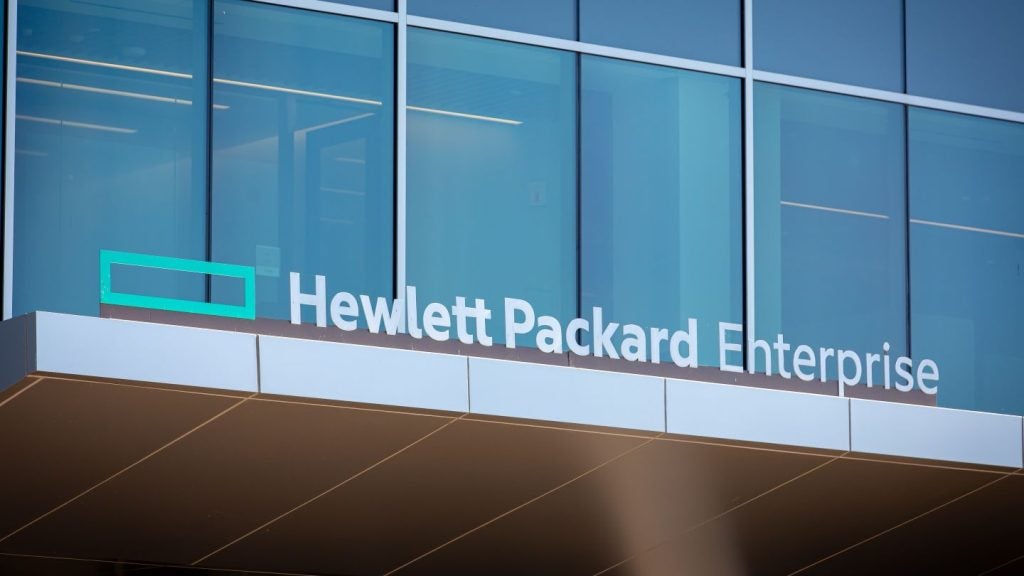
Fifty years ago, the personal computer revolutionised our lives. Today, healthcare stands at a similar precipice, poised for a personalised transformation.
While the NHS possesses a strong foundation, its hospital-centric model and bureaucratic processes hinder rapid innovation. This is where agile startups have the edge. By learning from the successes of the PC revolution, healthcare entrepreneurs can capitalise on this gap in the market.
With a 10 year plan due to be published next Spring, the NHS must adapt if it is to take advantage of the growing number of tech businesses that understand what a switch to personalisation can achieve. Demand for personalised care is already evident from the experience of Neko Health, a six-year-old Swedish startup offering a new type of full-body check, which now has a 22,000-person waiting list just months after launching in London.
To manage this shift, the NHS can learn a lot from the PC revolution. The most successful pioneers – like Steve Jobs at Apple – focused on building the very best products they could to solve the problems they perceived. Innovation was championed and change came fast, an ecosystem pulled together to meet demand.
Applying the lessons
Increasingly second-time tech founders want to bring their experience in scaling products in other sectors to healthcare and the NHS. But healthcare is not like other sectors.
It has slow, bureaucratic processes; a huge undervalued workforce; a crumbling physical estate and constant resourcing and cost pressures. Founders, learning from the PC boom, must set out to solve real problems such as the fact that chronic conditions kill 41 million people each year; while the cost of treating chronic diseases alone is on track to hit $47trn by 2030.
But they should not be so focused on solving the biggest problems that they miss the impact that comes from solving everyday ones, such as managing appointments better.
Procurement processes are sluggish and the fragmented nature of NHS Trusts means scaling a product can take years. Companies like Accurx successfully navigated early-stage startup life while grappling with legacy NHS tech. One early challenge included having to wait nearly three years for API access to records.
Despite such hurdles, the communication platform spread through primary care through word of mouth recommendations. This kickstarted the company’s path to becoming a national NHS supplier.
Consumer tech has long relied on product usage, feedback and recommendation loops to drive adoption, but these elements are missing in healthcare. Letting users choose tech as much as possible, and enabling them to safely share with colleagues, could speed up this loop and lead to significant adoption, innovation and process.
An NHS for the future
We now have a Health Secretary and a Prime Minister who have made it clear that they will work with the private sector to innovate, and have promised to move the NHS from an analogue to a digital system.
But we still need a fundamental shift in how healthcare views and embraces innovation, one that is closer to the vision of those early PC champions. If we don’t make it easier for founders to work with the NHS, the best will suffocate under the bureaucracy or take their world-leading innovations to bigger markets – notably the US.
Measures that would make it easier for startups to work with hospitals include introducing incentives for care settings to adopt innovative solutions, as well as outcome-based funding models that actually encourage health systems to adopt innovations with demonstrable benefits.
We should also incentivise partnerships between startups and established health tech companies to share resources, mentorship and market access.
Just like the PC revolution, the future of healthcare will be defined by products that are intuitive, scalable, and that people – both patients and clinicians – can’t live without.







